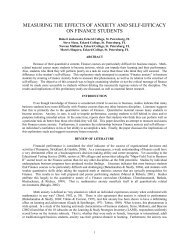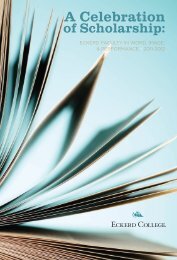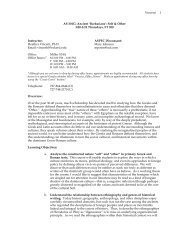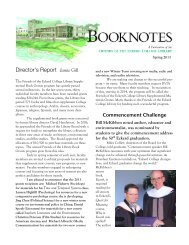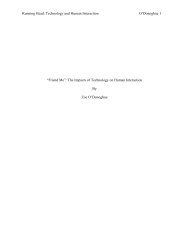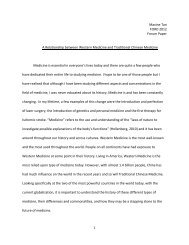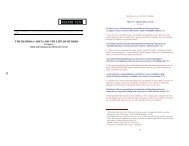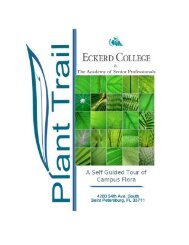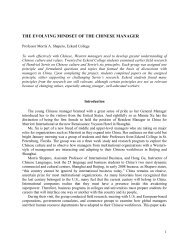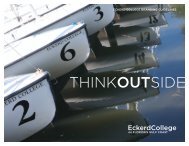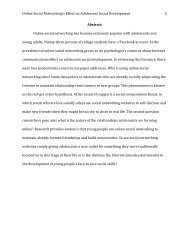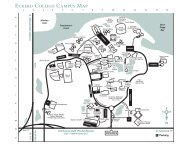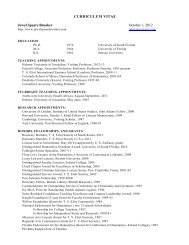Scientific and Lay Knowledge 1 Scientific and Lay Knowledge: The ...
Scientific and Lay Knowledge 1 Scientific and Lay Knowledge: The ...
Scientific and Lay Knowledge 1 Scientific and Lay Knowledge: The ...
You also want an ePaper? Increase the reach of your titles
YUMPU automatically turns print PDFs into web optimized ePapers that Google loves.
<strong>Scientific</strong> <strong>and</strong> <strong>Lay</strong> <strong>Knowledge</strong> 9<br />
scientific literacy a goal as it allows individuals to underst<strong>and</strong>, critically examine, <strong>and</strong> relate<br />
scientific findings. It even permits individuals to change the process of scientific research to<br />
incorporate collaboration with scholars of different disciplines <strong>and</strong> with the laypeople whom the<br />
research most directly affects. It also means individuals can participate fully in modern society,<br />
taking leadership positions in a world increasingly affected by science.<br />
Universities <strong>and</strong> colleges can train thinkers who are scientifically literate <strong>and</strong> possess the<br />
skills to ask proper questions, consider different viewpoints, problem-solve <strong>and</strong> communicate<br />
effectively on <strong>and</strong> for both sides of the science-lay divide. Individuals like these are whom<br />
Johnson (2010) calls “boundary spanners,” <strong>and</strong> they include scientists as well as non-scientists<br />
who possess thorough underst<strong>and</strong>ings of the complex issues at h<strong>and</strong> <strong>and</strong> language aptitude<br />
(Johnson, 2010, 267). <strong>The</strong>se “boundary spanners” can then go on to facilitate continued<br />
discussions between scientists <strong>and</strong> the public. <strong>The</strong>y can also teach the public formally (as in<br />
educational institutions) or informally (in workshops, council meetings, museums, etc.) in order<br />
to increase the scientific literacy of the public, thereby giving more power to the public to<br />
participate in resource management <strong>and</strong> decision-making processes that are relevant to them.<br />
Colleges <strong>and</strong> universities have been contributors to the idea that scientific knowledge is<br />
more legitimate or noteworthy than everyday knowledge by means of their place as the sole<br />
trainers of scientific researchers over the centuries as well as their ability to define scientific<br />
knowledge itself. This idea relates to the discussion by Gert Biesta (2007) of the Institute of<br />
Education at the University of Stirling of the “knowledge monopoly” of higher education, <strong>and</strong><br />
requires that higher education institutions recognize their epistemological power (Biesta, 2007, p.<br />
478). Training students to carry out work that is underst<strong>and</strong>able <strong>and</strong> relatable to the lay



